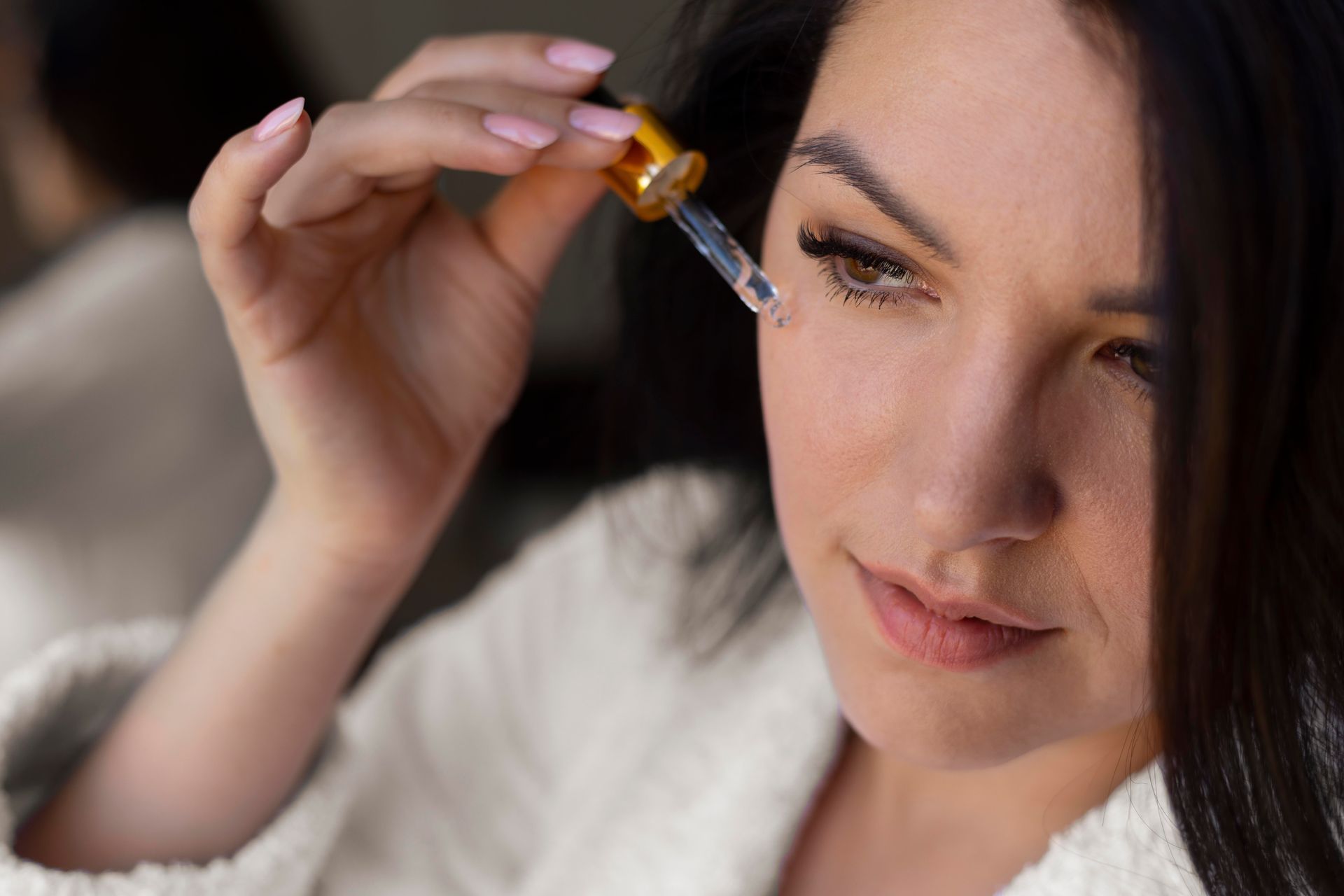Does Laser Hair Removal on the Face Cause More Hair?
Laser hair removal has become a popular choice for both women and men looking to reduce facial hair for smoother, low-maintenance skin. However, a commonly Googled concern is: Can laser hair removal on the face cause more hair growth instead of less?
If you’ve noticed fine baby hairs around your cheeks or jawline after a few sessions, you’re not alone. While laser is designed to reduce hair permanently, in rare cases, it can appear to stimulate hair growth. Let’s unpack why this happens, what to expect, and how to navigate the process wisely.
How Laser Hair Removal Works on the Face
Laser hair removal works by emitting light that is absorbed by the melanin (pigment) in the hair follicle. This light energy turns to heat, which damages the follicle and inhibits future hair growth. Over time, and after multiple sessions, hair becomes finer, slower to regrow, or disappears altogether.
The face, however, is a hormonally sensitive area—especially around the jawline, chin, sideburns, and upper lip. For some, this can make laser outcomes a little more unpredictable.
For a complete breakdown, check out our article on How Does Laser Hair Removal Work on Face, which dives into laser types, settings, and treatment cycles.
So, Can Laser Cause More Facial Hair?
Yes—but it’s extremely rare and is known as paradoxical hypertrichosis.
This condition occurs when laser hair removal results in increased hair growth in surrounding or treated areas. It usually presents as fine, light-colored vellus hairs becoming longer, darker, or denser over time.
What Causes Paradoxical Hypertrichosis?
Several factors may contribute to this unexpected outcome:
1. Low-Energy Settings
If the laser isn’t powerful enough to destroy the follicle completely, it can sometimes stimulate hair growth instead of suppressing it—especially on the face, where hair is often finer and lighter.
2. Hormonal Imbalances
Facial hair is heavily influenced by hormones. Conditions like PCOS, thyroid issues, or elevated androgens can cause persistent facial hair and may also trigger unusual responses to laser treatment.
Check out our post on Can You Use At-Home Laser Hair Removal on Face to see how lower-powered devices may affect hormonal areas differently.
3. Hair Type and Color
Laser hair removal works best on dark, coarse hair against fair skin. If your facial hair is fine, light, or gray, the laser may not target it effectively—leading to patchy results or stimulating nearby dormant follicles.
4. Improper Technique
Laser settings must be calibrated precisely by trained professionals. If not, it could result in either insufficient treatment or unintended stimulation of adjacent hair follicles.
Who Is Most at Risk?
Paradoxical hypertrichosis is more likely to occur in:
- People with darker skin tones and finer facial hair
- Individuals with underlying hormonal conditions (even undiagnosed)
- Those who use low-intensity at-home laser devices
- Women treating chin, jawline, or upper neck areas
If you're concerned about safety, check out our comprehensive blog on Is Face Laser Hair Removal Worth It? to weigh the pros and cons in detail.
How Common Is This Side Effect?
Not very. Research shows paradoxical hypertrichosis occurs in less than 1% of cases. When it does happen, it's typically temporary and treatable with follow-up laser sessions at the correct settings.
So while it’s a legitimate concern, it’s not a deal-breaker for most candidates. The key is professional assessment and precision.
Can This Be Prevented?
Yes. Here’s how to reduce your risk of experiencing more facial hair post-laser:
- Get evaluated by a board-certified dermatologist or licensed technician
- Treat hormonal imbalances first (especially PCOS or thyroid issues)
- Avoid at-home devices for the face if you have fine or vellus hair
- Stick to a consistent treatment schedule—gaps can hinder progress
- Make sure laser settings are appropriately customized for your skin and hair type
What to Do If You Notice More Hair After Laser
If you suspect increased facial hair growth after laser:
- Document your progress with photos between each session
- Avoid shaving too frequently—this can skew your perception of results
- Ask your technician about switching to a different laser type or intensity
- Consider switching to electrolysis for finer or hormone-driven hair
- Wait at least 3 sessions before making any major decisions—results build over time
And remember, not all regrowth is paradoxical. In many cases, what appears to be more hair is simply natural shedding cycles overlapping with treatment phases.
To better understand post-treatment reactions, see What to Expect After Brazilian Laser Hair Removal, which also applies to facial areas in many ways.
Common Myths About Laser Hair Removal and Hair Growth
Let’s bust a few myths that often fuel confusion:
Myth 1: Laser removal causes hair to grow back thicker.
Fact: Laser can only affect the hair follicle. It does not change your hair’s natural texture. If anything, regrowth is usually finer.
Myth 2: All facial hair will vanish after one session.
Fact: Multiple sessions (usually 6–10) are required, especially on the face, due to shorter hair growth cycles.
Myth 3: More hair after laser means it doesn’t work.
Fact: Some hair may enter a new growth phase, or you might be noticing shedding—which can look like “more” before it clears.
Final Thoughts:
Laser hair removal remains one of the most effective long-term solutions for unwanted facial hair. While rare, increased hair growth (paradoxical hypertrichosis) is a known risk—but it’s manageable, preventable, and often misunderstood.
With the right practitioner, proper settings, and awareness of your skin and hormonal profile, you’re far more likely to experience smoother, hair-free results than unexpected regrowth.
When in doubt, always consult a professional—and remember that your skin and hair journey is unique.










